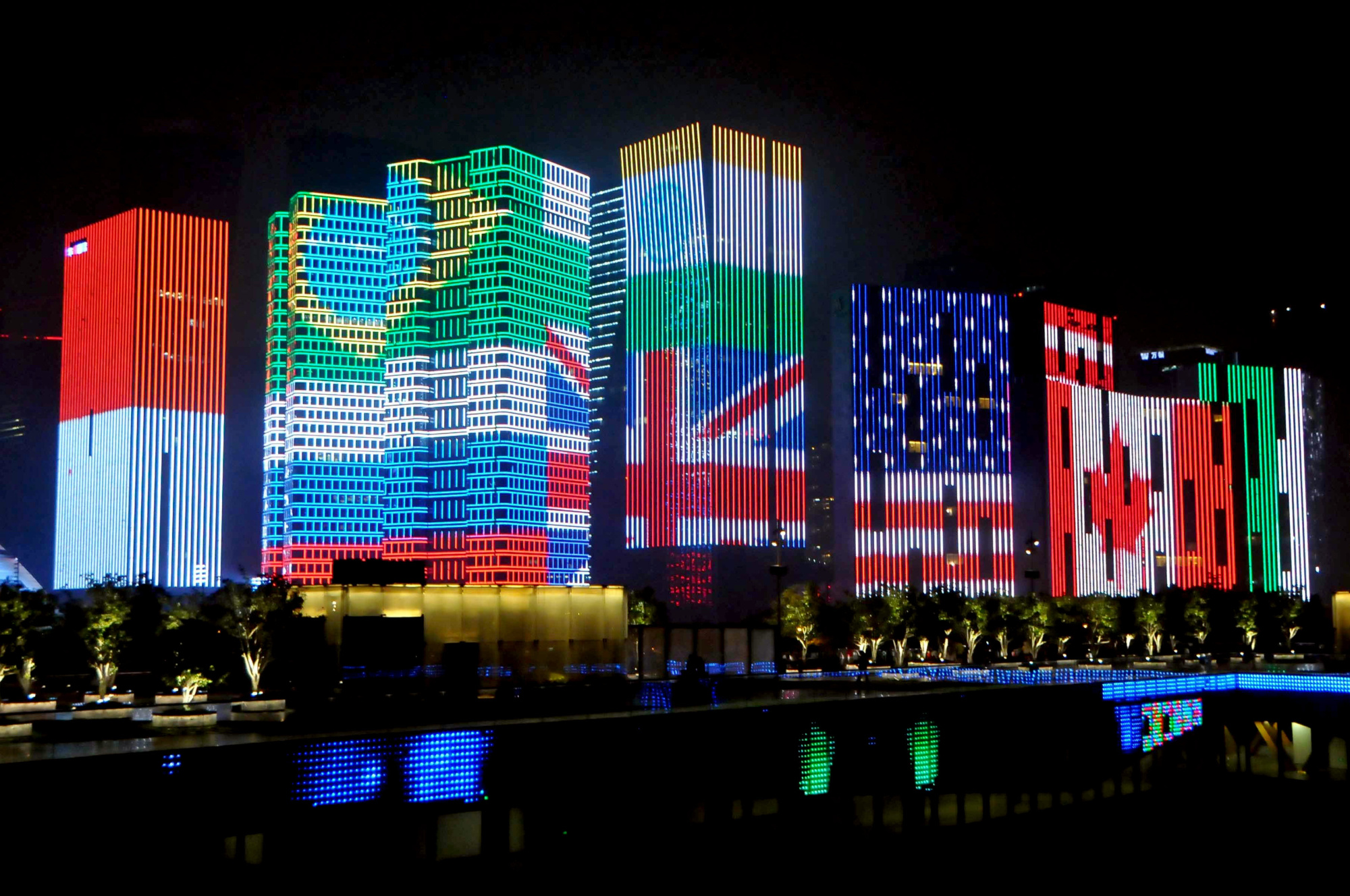Economic Czars Warn G-20 of Risk From Populist Backlash on Trade

EghtesadOnline: The heads of three world economic bodies warned of the risk to trade from the protectionist headwinds sweeping many developed nations as global leaders met in Hangzhou, China.
In a panel session Saturday ahead of the Group of 20 summit, Christine Lagarde, Managing Director of the International Monetary Fund, urged business chiefs to lobby governments to help keep trade flows up as she issued a warning about the outlook for growth into 2017. Her views were echoed by Roberto Azevedo, Director-General of the World Trade Organization, reports Bloomberg.
"Trade is way too low and has been way too low for a long time," Lagarde said. "There is at the moment an undercurrent of anti-trade movement. It’s at the political level. It’s at the public opinion level" and also being reflected in policy, she added.
"If there is no international trade, if there is no cross-border investment, if services, capital, people and goods do not cross borders, then it’s less activity for you, it’s less jobs in whichever country you are headquartered," she said.
TPP Doubts
Lagarde’s comments come as momentum for ratifying the U.S.-led Trans-Pacific Partnership, which would link 12 nations making up about 40 percent of the world economy, falters in the final months of U.S. President Barack Obama’s term. Both presidential candidates -- Donald Trump and Hillary Clinton -- have spoken against the deal, which does not include China, while progress on a U.S.-EU trade and investment deal, known as TTIP, has also stalled.
France’s trade minister Matthias Fekl said late last month that the U.S. hasn’t offered anything substantial in negotiations with the European Union on the free-trade deal and that talks should come to an end. His comments followed those of German Economy Minister Sigmar Gabriel, who said discussions on the TTIP “have de-facto broken down, even if no one wants to say so.”
Many Western nations are grappling with a mood of protectionism that is leading to calls for caution on free trade, and on foreign investment in things like property and utilities. Chinese companies recently were dealt a blow on prospective projects in both the U.K. and Australia.
‘Ladders of Opportunity’
Obama, speaking in a CNN interview, warned of the need to ensure people do not feel left behind by globalization.
“If advanced countries don’t pay attention to inequality, if we don’t pay attention to, not just growth in the aggregate, but how is that growth distributed and do people have ladders of opportunity in this new global economy, then yes, there’s going to be a reaction against globalization and against trade,” he said.
U.K. Prime Minister Theresa May said she’d make the case at the G-20 that Britain can be a champion of free trade, despite Brexit, while warning of the risk of anti-globalization sentiment from those who see themselves hurt by the lowering of barriers.
“We can’t ignore the fact that there’s sentiment out there which is anti-globalization,” she told reporters en route to Hangzhou. “We need to consider how, when we put these free trade arrangements in place, they’re actually going to benefit everybody.”
BRICS Statement
Angel Gurria, Secretary-General of the Organisation for Economic Cooperation and Development, noted that 1,400 protectionist measures had been passed since the financial crisis. The U.K.’s planned exit from the European Union is a cause for uncertainty, alongside concerns over TPP. He condemned comments from "some European leaders" that TTIP had failed.
Meeting on the sidelines of the G-20 summit, the leaders of the BRICS nations -- Brazil, Russia, India, China and South Africa -- also expressed concern about protectionism.
Leaders “reaffirmed their commitment to strengthen the role and negotiating function of the WTO and expressed concern at the rising protectionism in the context of declining global trade and concurred to strive to facilitate market inter-linkages and an inclusive, rules-based and open economy,” they said in a joint statement.
The WTO’s Azevedo called anti-trade rhetoric “extremely sad.”
“If we don’t do anything about it, this would lead to erroneous, to wrong trade and economic policies in the future," he said. "So we cannot let this go without keeping it in check."
"Going against trade is effectively going against growth, is going against your economy and making things even worse. So we do have to take action and if we want to do that, the first thing is to put the facts on the table.”


